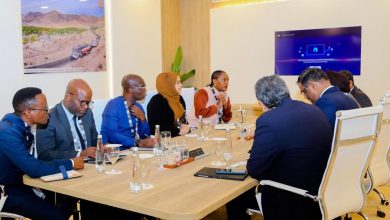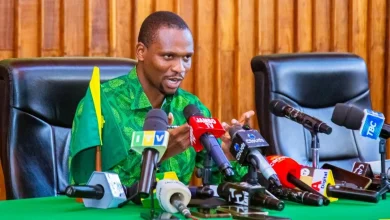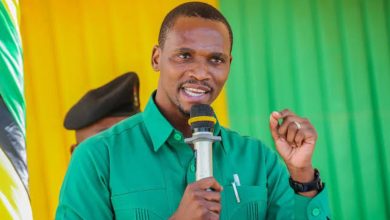CCM ignites Dodoma
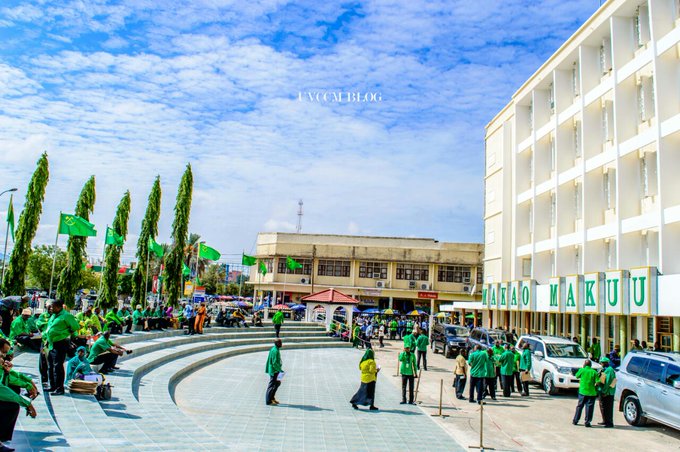
DODOMA : DODOMA was a hive of activity on Saturday as the ruling Chama Cha Mapinduzi kicked off its historic two-day Extraordinary General Meeting.
The city, which serves as the political and administrative capital of Tanzania, was transformed into a focal point of political engagement, drawing thousands of party members, dignitaries and political analysts from across the country.
The meeting, held at the Jakaya Kikwete Convention Centre, marked a significant moment in CCM’s political journey, underscoring the party’s ongoing role in shaping Tanzania’s political landscape.
In a vibrant and colourful atmosphere, CCM National Chairperson Dr Samia Suluhu Hassan, departed the White House, the party’s headquarters located in the heart of Dodoma City, at approximately 10:30 AM.
Her motorcade, escorted by six motorcycles adorned in the party’s signature green colour, made its way through the bustling streets towards the Jakaya Kikwete Convention Centre, the venue for the party’s historic Extraordinary General Meeting.
Upon her arrival at the Convention Centre, Dr Samia was greeted by a thunderous applause from a large crowd of party members and invited guests, who had packed the venue to capacity.
Over 5,000 people were in attendance, showcasing the high level of enthusiasm and participation in the significant event. Once again, CCM demonstrated its commitment to democratic processes, effectively organising an event that brought together a diverse group of Tanzanians from across the political spectrum.
The gathering was not only a showcase of the party’s unity but also a reflection of its continued strength in the country’s political landscape.
Among the distinguished attendees were several former leaders of the country and party, including former President Jakaya Kikwete, former Presidents of Zanzibar, Amani Abeid Karume and Dr Ally Mohamed Shein; former speakers of the National Assembly, Ms Anne Makinda and Mr Job Ndugai.
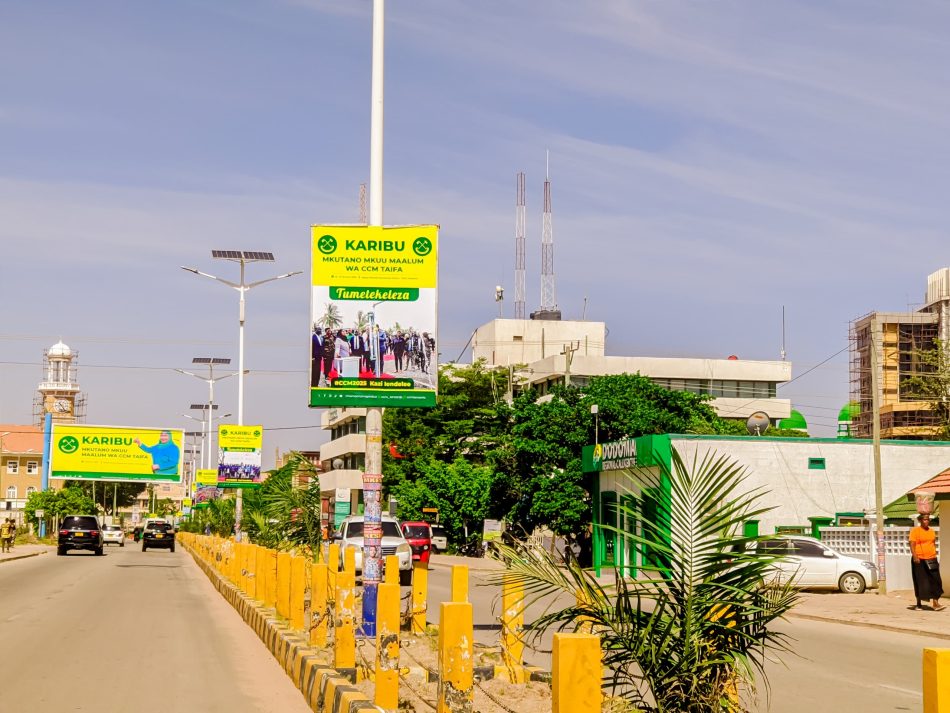
Also present were former Speaker of the House of Representatives, Pandu Ameir Kificho, as well as former vice- chairpersons of CCM (Mainland), Mr Philip Mangula and Mr Abdulrahman Kinana, who is the immediate past vice-chairman.
The gathering not only marked an important milestone in CCM’s history but also underscored the party’s continued role as a pillar of Tanzania’s democratic development.
For many pundits, this historic meeting was a demonstration of how political parties, particularly those in power, can effectively organise events that reflect unity, inclusivity and commitment to democratic values.
Within Tanzania, CCM’s ability to bring together such a broad spectrum of former and current leaders offers a powerful example of maintaining internal cohesion and respect for the party’s longstanding traditions, while embracing new leadership.
For other Tanzanian political parties, this event serves as a reminder of the importance of open dialogue, transparency and ensuring that all voices within a party are heard.
It highlights the need for democratic internal processes that foster unity, even as the political landscape evolves and new generations of leaders emerge.
Other parties in the country could take note of CCM’s ability to manage both the legacy of past leadership and the future direction of the party, ensuring continuity while welcoming fresh ideas and perspectives. Internationally, this event can offer valuable lessons in political organisation, especially in African democracies.
The fact that such a large crowd could be mobilised effectively shows CCM’s skill in grassroots political engagement, which other political entities worldwide can learn from.
The meeting also highlighted the significance of involving former leaders in political events, which helps preserve the continuity of the party’s ideals while building respect for its history.
This practice also encourages a sense of shared purpose, further strengthening democratic institutions.
It underscores the importance of having strong organisational structures and clear communication channels, both essential for fostering public trust and sustaining political momentum.


